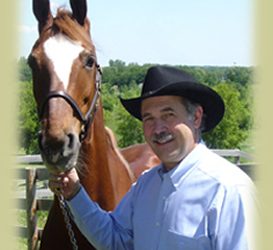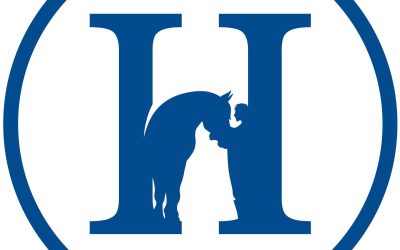About the Coalition of State Horse Councils
Justine Staten, KS
Chair
Brandi Ebner, OR
Vice Chair
Bill Scebbi, CO
Financial Liaison
Sarah Coleman, KY
Secretary
Jean Ligon, MI
Past Chair
Who We Are
The largest grassroots horse network in the country.
The Coalition of State Horse Councils (CSHC) provides state horse councils and similar organizations with a moderated platform on which to share news regarding equine health and regulatory issues, transportation, recreation and trails, welfare, shows and competitions that may impact equine ownership, business or travel, within a state and nationally.
The CSHC also provides member organizations with operational support by assistance with best practices, bylaws, budgets and fundraising ideas.
The CSHC is committed to helping state horse councils increase their public awareness and to communicating the positive impacts the horse industry brings to local, state, regional and national economies.

Our History:
State Horse Councils originally formed a union in the 1970’s as a committee of the American Horse Council and was known over the years as the State Horse Council Advisory Committee (SHCAC). Strong leadership in those early years included Carol Alm, Dr. Karyn Malinowski, and Dr. Jerry Walker, to name a few.
While these chairs sustained the states in a cohesive unit, the SHCAC did not have a real sense of direction regarding their role and purpose. The SHCAC generally operated on a 1-to-2-year plan and reacted to current issues as they occurred.
At the June 2009 meeting of the State Horse Council Advisory Committee, a new purpose, a new direction, and along with that, a new name – the Coalition of State Horse Councils (CSHC) were adopted. The State Horse Council Advisory Committee (SHCAC) was officially renamed the Coalition of State Horse Councils (CSHC) in January of 2010.
The Coalition of State Horse Councils seeks to:
- Initiate a grassroots movement
- Foster leadership development within state horse councils
- Encourage sound management practices
- Provide regular communications regarding equine related issues and concerns
- Generating ideas and solutions for peer support
- Interact with all state horse councils
- Monitor equine issues that may influence our industry
- Develop grassroots legislative involvement & awareness
- Provide leadership development workshops
- Interact with legislators as a cohesive group, as well as on a state-by-state basis
- Promote sound ideas that have positive effect on our industry
- Initiate positive public awareness
- Address the needs of our industry
- Provide leadership both at the state and national levels
- Encourage memberships in the Coalition of State Horse Councils and the American Horse Council
Who are the CSHC members?
Currently, state horse councils that have a current membership (dues paid) with the American Horse Council are considered members of the Coalition of State Horse Councils, but we invite and welcome ALL state horse councils to participate in meetings (Zoom & in person) and to maintain communication with us!
CSHC Current News
Passing of Tom Tweeten- MN Horse Council
By now you've heard about the passing of our friend and CSHC Treasurer, Tom Tweeten. He will be missed by MANY horse friends and beyond. The funeral bulletin is attached here for viewing. Funeral-Tom-Tweeten
Equine Economic Impact Study is Happening Now
ECONOMIC IMPACT STUDY FREQUENTLY ASKED QUESTIONS Why conduct an economic impact study (EIS)? The reasons for conducting an economic impact study are many: creates an awareness of and an interest in the equine industry helps provide positive relationships, including...
Understanding the Best Way to Conduct Research on Equine and Native American Wellbeing on Reservations
Announcing Partnership Between Horses and Humans Research Foundation (HHRF), and Brooke USA Foundation (Brooke USA): Understanding the Best Way to Conduct Research on Equine and Native American Wellbeing on Reservations Chagrin Falls, OH – June 27, 2022 – Horses and...



